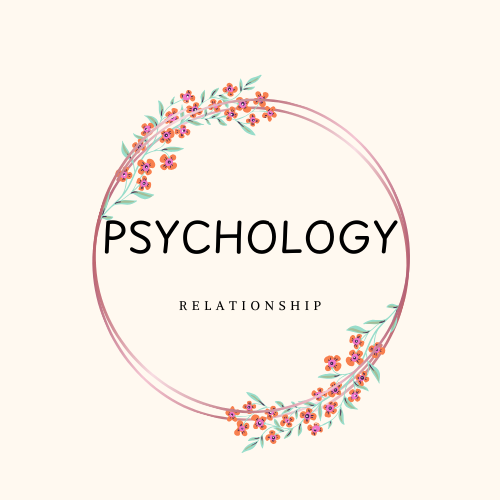Types of Addiction
Addiction is a condition marked by behavior that is difficult to control and continues despite adverse consequences. The behavior stimulates reward centers of the brain, and the intensely pleasurable effects create a progressively compelling incentive to repeat the activity, often displacing everyday behaviors to the point of disrupting relationships, livelihood, health, and other pillars of normal life.
A number of psychoactive substances have addictive potential, and while they differ pharmacologically one from another, what they have in common is direct activation of the brain’s reward system. Changes in the reward pathways of the brain they induce set the stage for intense cravings at the same time they weaken pathways involved in the ability to control behavior.
There was a time when addiction was thought to be a property residing within substances themselves—morphine, heroin, alcohol, and other psychoactive agents. Eventually, it was understood that aspects of both the person (including the larger environment a person dwells in) and the substance contribute to the possibility of addiction. But over recent decades, science has offered a compelling case to include under the addiction umbrella not only substances but behaviors, prime among them excessive gambling. Evidence indicates that gambling behaviors can directly activate brain reward systems in similar ways as drugs of abuse and produce behavioral effects similar to those seen in substance use disorders.
With the publication of the Diagnostic and Statical Manual of Mental Disorders, Edition 5 (DSM-5) in 2013, the American Psychiatric Association formally revised the definition of addiction to include compulsive gambling, creating a new category of behavioral addictions. The criteria for diagnosis parallel those for substance use disorders. Much debate rages about including other behaviors taken to problematic extremes—video gaming, internet use, porn use, to name a few. According to DSM-5, the research on behavioral conditions other than gambling is less clear. What is clear is that technology is reshaping modern life in ways that create the potential for addiction-like disruption by numerous activities.







